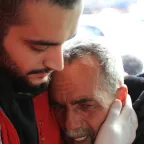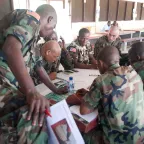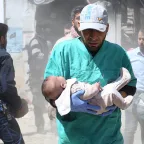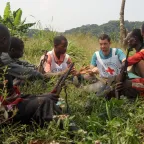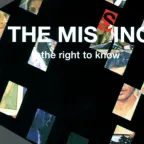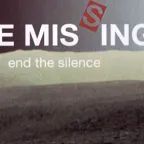Helping the helpers – why does psychosocial support matter?
Health-care workers should be provided with tools, equipment and support that can ensure both their physical and mental well-being. It is essential to keep this in mind when developing strategies for …

